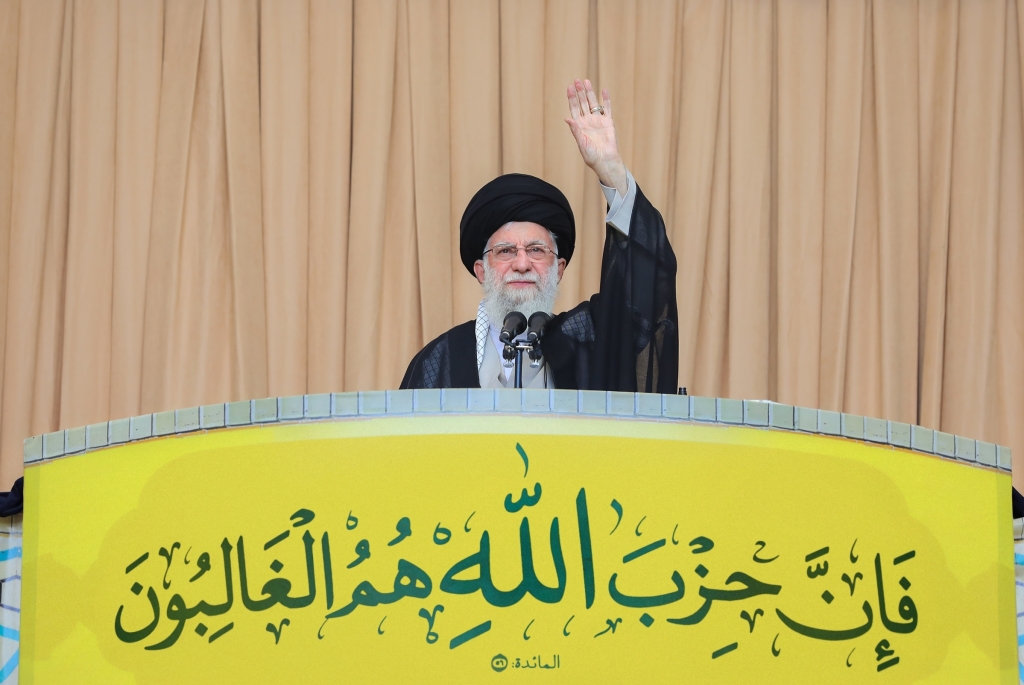Iran’s Supreme Leader, Ayatollah Ali Khamenei, has reportedly instructed his military commanders to prepare for a retaliatory strike on Israel in response to a recent Israeli Defense Forces (IDF) assault. The Israeli operation, executed last Friday, was its most extensive strike on Iranian assets to date and targeted missile facilities across Tehran. Khamenei’s directive, issued privately during a meeting with Iran’s Supreme National Security Council, suggests the Iranian leadership views the Israeli strike as an escalation that cannot be overlooked, The New York Times reports, citing three Iranian officials.
The Israeli air operation, conducted over four hours, employed 100 jets, spy planes, and refueling aircraft to target Iran’s military facilities. Israeli sources have claimed that the attack successfully degraded several of Tehran’s missile production facilities and air-defense systems, significantly impacting Iran’s capacity for immediate retaliation. However, Gen. Ali Fadavi, deputy commander of Iran’s Revolutionary Guards, responded to the reports, saying, “Iran’s response to the Zionist aggression is definite,” vowing to retaliate in line with a longstanding policy of responding to aggressions.

Warnings and Counter-Warnings
Following the strike, Israeli Prime Minister Benjamin Netanyahu suggested Israel’s enhanced defense capabilities, now bolstered by the U.S.-supplied Terminal High-Altitude Area Defense (THAAD) system, would deter any major Iranian response. However, according to Iranian officials, the counterattack would primarily focus on specific military targets within Israel rather than escalate to civilian targets. Netanyahu added that Israel’s increased freedom to operate within Iranian territory has weakened Tehran’s defensive posture, warning of further consequences should Iran choose to retaliate.
Rising Regional Tensions
This recent confrontation has heightened concerns over a potential full-scale conflict between Iran and Israel, raising tensions across the Middle East. Despite Khamenei’s assurances to the public that the situation remains under control, the Supreme Leader is reported to be facing internal pressure to demonstrate a robust military response. Tehran’s military advisers and regional allies are watching the situation closely, given that the latest Israeli attack directly challenged Tehran’s security posture and left significant gaps in its missile defense network.
Although both nations have conducted targeted military operations in the past, last Friday’s escalation marks a notable shift, with military analysts noting the increasing intensity and sophistication of each strike. As Tehran finalizes its response plans, experts warn that the cycle of retaliatory attacks risks drawing other regional actors into the conflict, potentially setting the stage for a broader escalation in the Middle East.